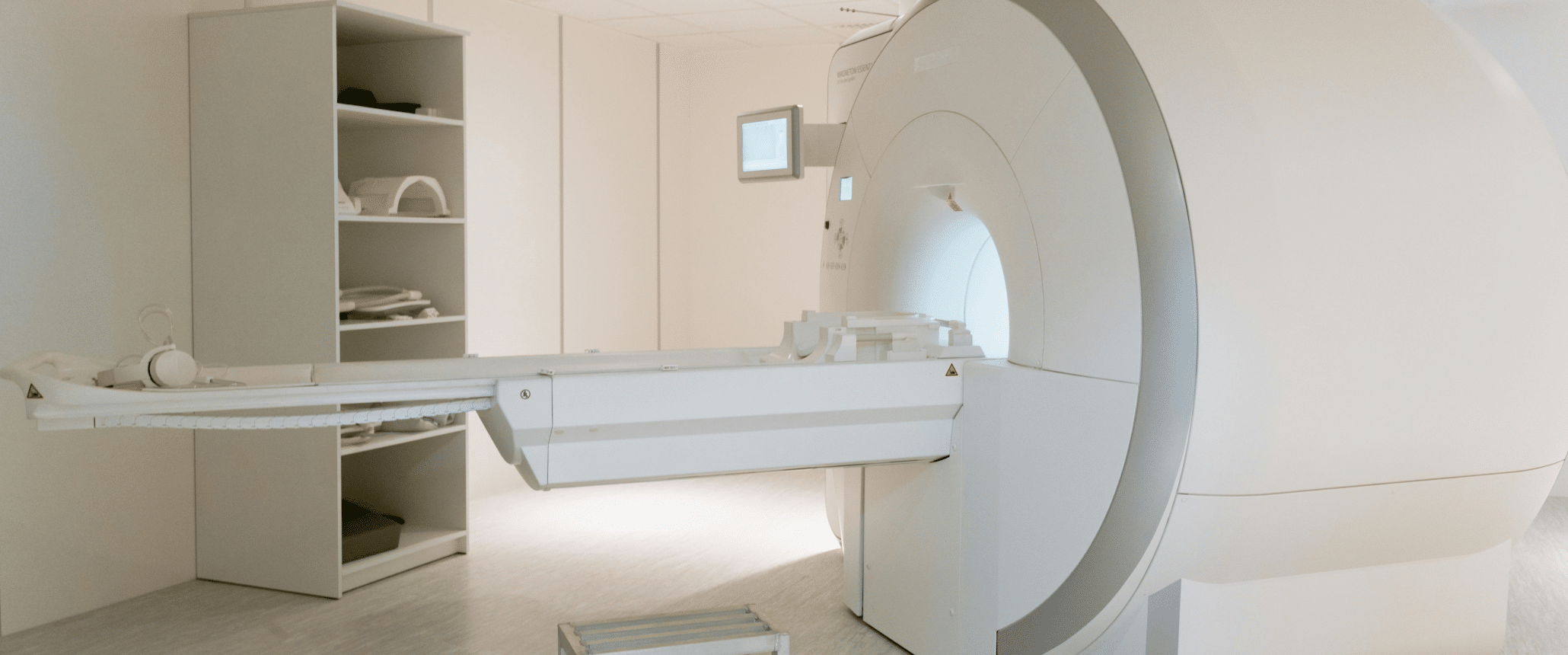The FDA is regularly compared to its foreign counterparts around the world as a means of reviewing the agency’s effectiveness and timeliness in approving novel devices. In an increasingly globalized economy, where the distinctions between foreign and domestic markets are eroding, it is important that the FDA be able to understand how foreign agencies conduct clinical studies and ensure the safety and efficacy of novel medical devices.
As manufacturers increasingly seek to enter foreign markets, many choose to undergo clinical trials outside the U.S. prior to receiving pre-market approval domestically. However, when sponsors then attempt to use the data gathered at foreign facilities and leverage it as evidence in FDA trials, certain challenges can arise. The increasing frequency of this trend has prompted the FDA to release a draft guidance entitled “Acceptance of Medical Device Clinical Data from Studies Conducted Outside the United States; Draft Guidance for Industry and Food and Drug Administration Staff.”
The guidance states that foreign studies may not always be accepted, and explains how the FDA assesses the quality of such data and what is required for acceptance.
“FDA believes that promoting greater clarity concerning FDA’s use of foreign study data will minimize the possibility for additional or duplicative U.S. studies, further efforts to harmonize global clinical trial standards, and promote public health and innovation,” the guidance document read.
Sponsors of extra-U.S. trials need to carefully monitor the FDA’s requirements for the submission of foreign clinical trial data and how any changes could affect product development. It is also important to seek imaging core lab services from a provider with international experience and a proven track record of FDA compliance to better manage trial scope and avoid duplicating efforts.
Latest Scientific Resources & Publications
Why You Need an Imaging Core Lab: 4 Ways a Commercial ICL Transforms Your Trial




